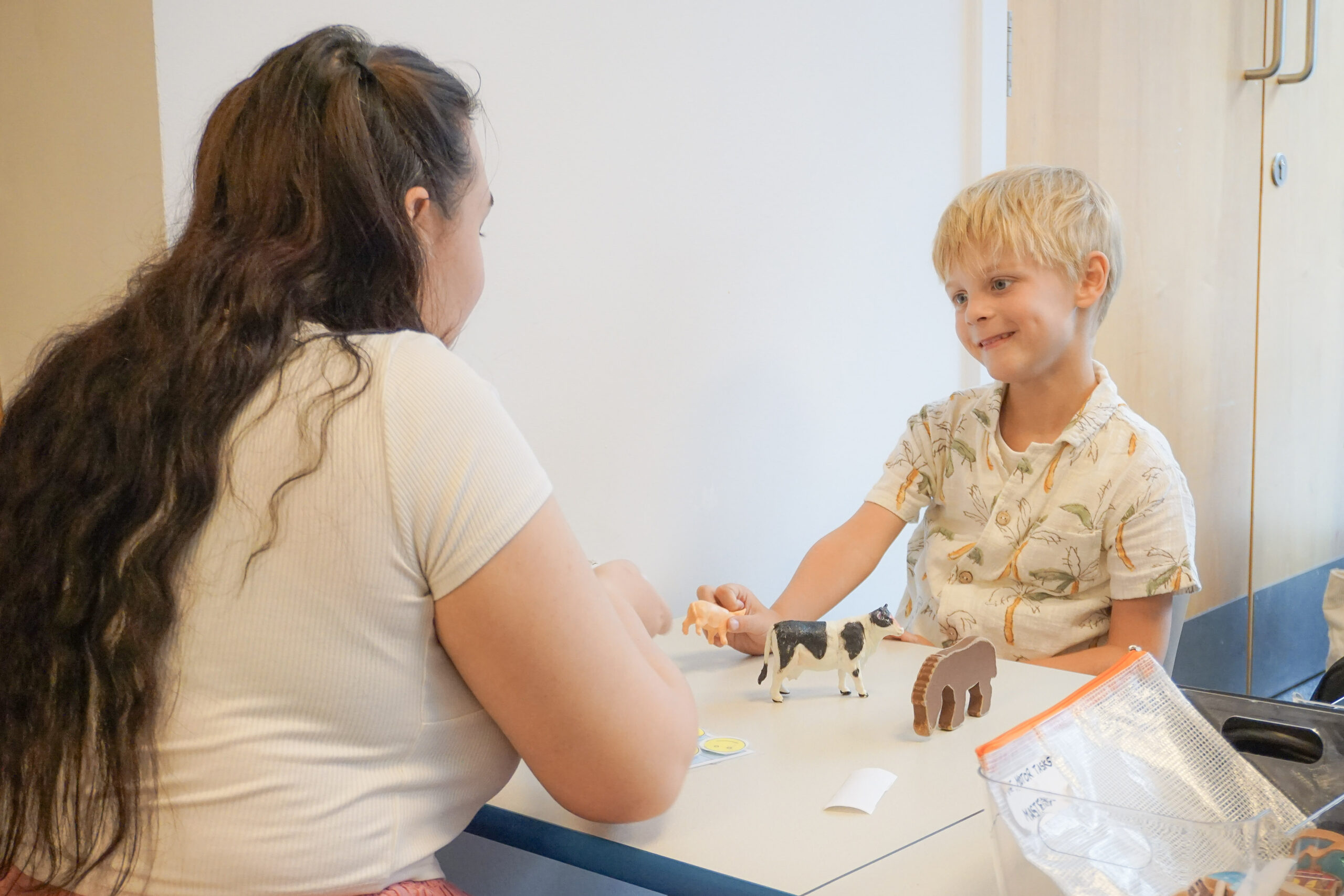
When your child shows signs of developmental delay, finding the right nursery can feel overwhelming. For families seeking specialised support, a Special Educational Needs (SEN) nursery offers tailored interventions that can make a profound difference. But how do you choose the best setting for your child?
At First Bridge Education, we understand how important, and personal, this decision is. Here’s a guide to help you make an informed choice.
1. Start With Your Child’s Needs
Every child is unique. Before you begin your search, reflect on your child’s strengths, challenges, and areas where they need the most support. Are you looking for a nursery that supports communication? Does your child benefit from sensory integration strategies or a highly structured environment? Look for nurseries that offer individualised learning plans and the appropriate staff to child ratio to support them.
2. Look for Evidence-Based Interventions
SEN nurseries that use research-backed methods like Applied Behaviour Analysis (ABA) can offer consistent, measurable outcomes. ABA is particularly effective for autistic children, helping to build communication, independence, and social-emotional skills. At First Bridge Education, our Board-Certified Behavior Analysts® design personalised programmes blended with the EYFS framework, combining structure with nurturing care.
3. Consider the Environment
The physical space matters. Purpose-built facilities with quiet zones, soft play areas, sensory rooms, and secure outdoor gardens, create an environment that supports regulation and exploration. Children with additional needs thrive in settings where transitions are supported and learning is adapted to suit their pace.
4. Qualified and Compassionate Staff
Ask about the training and experience of the team. The best SEN nurseries have dedicated staff who specialise in early years education and neurodivergent development. Staff should be attuned to the diverse ways children communicate, learn, and engage with the world.
Our staff receive a minimum of 70 hours of training and regular supervision from our team of BCBA’s as well as support from designated Room Leads.
5. Family Involvement
Parental involvement is key. Look for nurseries that include parent training and offer regular updates on your child’s progress.
At First Bridge Education, we work closely with families, empowering parents to reinforce learning at home through tailored strategies and ongoing communication.
6. Structure and Flexibility
Check if the nursery offers full-time and part-time options and whether it operates year-round.
First Bridge Educations provides care 46.5 weeks a year with flexible 15 or 30 hour/week enrolment, making it easier for working families to access continuous support allowing for the consistency that delivers results.
7. Reputation and Results
Word of mouth matters. Speak to other parents, read testimonials, and ask about success stories. Nurseries that can demonstrate developmental progress, increased communication, and improved independence are worth shortlisting. A strong reputation in the autism and SEN community is a good sign of trust and quality.
Key Takeaways:
Choosing a SEN nursery is more than a practical decision; it’s a commitment to giving your child the best possible start. Whether you’re concerned about signs of autism, seeking ABA therapy, or simply want a setting that will understand and celebrate your child, take your time, ask questions, and trust your instincts.
If you’re exploring SEN nurseries in London, we invite you to visit First Bridge Education. Let’s work together to unlock your child’s potential.
